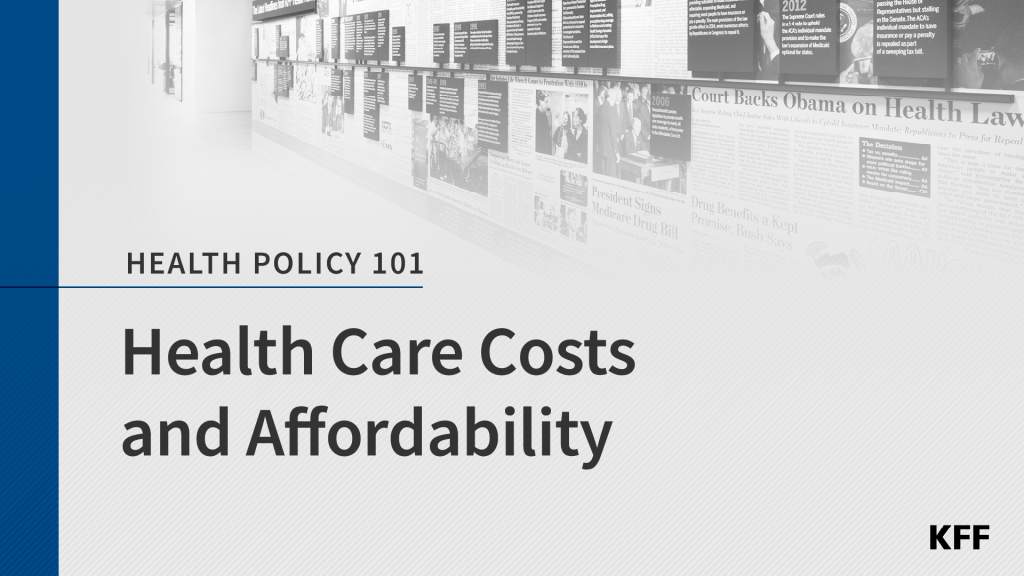Views and Experiences Related to Women’s Health in Texas
Using data from the Kaiser Family Foundation/Episcopal Health Foundation 2018 Texas Health Policy Survey, this brief explores how Texas women and men rank legislative priorities in the state, including health care issues of importance to women such as reducing maternal mortality and increasing access to reproductive services. It also compares gender differences in the share of Texas residents who report problems paying medical bills and postponing health care because of the cost.
